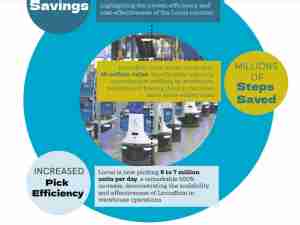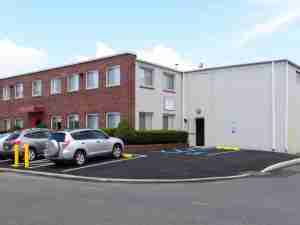San Pedro becomes first community to endorse zero-emissions ocean shipping by 2030
The Coastal San Pedro Neighborhood Council became the first community within the Los Angeles area to adopt a motion supporting Ship It Zero, which has called for 100% zero-emission shipping by 2030. The Port of Los Angeles, one of the busiest top ports in the U.S., is partially located within San Pedro.
The Los Angeles area receives 40% of all containerized cargo imports to the United States coming through the Ports of Los Angeles and Long Beach, making the surrounding communities – which are primarily communities of color – particularly vulnerable to harmful pollutants. Los Angeles and Long Beach port-adjacent communities experience up to eight years lower life expectancy than the Los Angeles County average and the highest risk of cancer regionally.
“We’re suffering immensely from air pollution in southern California where the ports are the largest single source of air pollution and ships are the biggest contributor,” said Richard Havenick, San Pedro resident. “The pollution belching ships bring the goods we buy from our favorite retailers. We ask our favorite retailers to please require their shippers to implement cleaner, zero emission ships so we can live another day and keep our retailers in business!”
In November 2021, the Los Angeles City Council unanimously voted to adopt Councilmember Nithya Raman’s resolution (Council File 21-0002-S175) calling on Los Angeles’ top maritime importers to commit to making all port calls to the San Pedro Port Complex and the Port of Los Angeles 100% zero-emissions ocean shipping by 2030.
“We are proud to work alongside the Coastal San Pedro Neighborhood Council to move California ports to zero emissions by 2030,” said Dawny’all Heydari, Campaign Lead of the Ship It Zero Campaign at Pacific Environment. “Frontline communities are bearing the brunt of fossil-fuel spewing ocean cargo ships. It’s about time that their voices are heard and that our decision makers take immediate action to stop poisoning our port cities in the name of profits for big retailers.”









